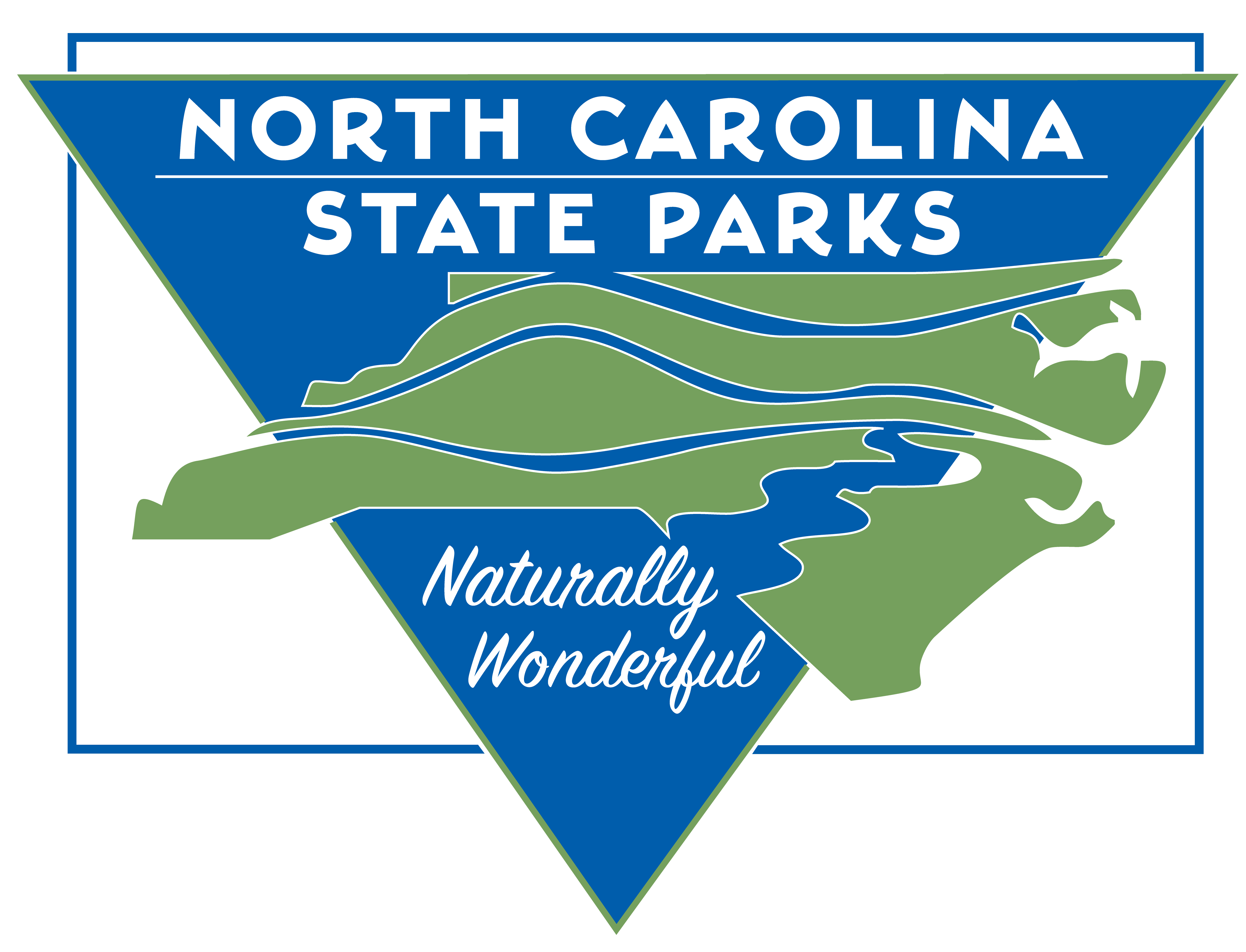Recreation
Recreation has always gone hand-in-hand with parks. North Carolina state parks offer endless opportunities for enjoyment in the outdoors, from hiking, biking, and horseback riding to paddling, boating, swimming, and much more. Some of our parks offer niche activities, like kiteboarding and sandboarding at Jockey’s Ridge State Park, cross-country skiing on an ungroomed trail at Elk Knob State Park, sailing at Jordan Lake State Recreation Area, and cruising the four-wheel-drive beach at Fort Fisher State Recreation Area. Most of our parks offer camping facilities to extend your adventures another day.
Our mission is made of three critical parts, and each is equally important in our work at the division. Our staff works together to find ways to provide high-quality outdoor recreation in a low-impact manner that conserves the land and all the natural resources it supports. Education is important in engaging visitors about the natural and cultural resources of the state to inspire stewardship of these places but also about the safe and responsible ways to recreate outdoors. We’ve partnered with the Leave No Trace Foundation for Outdoor Ethics to educate the public in that regard, especially as we welcome an ever-growing number of visitors to our parks each year.
The division’s mission in recreation doesn’t end in our state parks. We also work with local governments to provide parks, trails, facilities, and other recreational opportunities in communities across the state. This effort is led by our Recreation Grants and Outreach team, which manages the state-funded Parks and Recreation Trust Fund and allocates federal resources through the Land and Water Conservation Fund. Our Planning team works with partners to build state trails in every corner of our state to provide recreation opportunities that connect urban communities with hiking, biking, bridle, and paddling trails.
In addition, we are committed to ensuring that people with disabilities have equal opportunity to recreate outdoors. We have numerous campsites built in accordance with the Americans with Disabilities Act, as well as accessible trails, fishing piers, and swim areas. Our staff strives to ensure that features unique to North Carolina state parks are physically accessible to as many people as possible, whether that is at Fort Macon or at the highest point in North Carolina at Mount Mitchell State Park, or above the tall sand dunes of Jockey’s Ridge. We also manage the state’s Accessibility for Parks grant program that seeks to invest millions to benefit children and veterans with disabilities at county and city parks.
